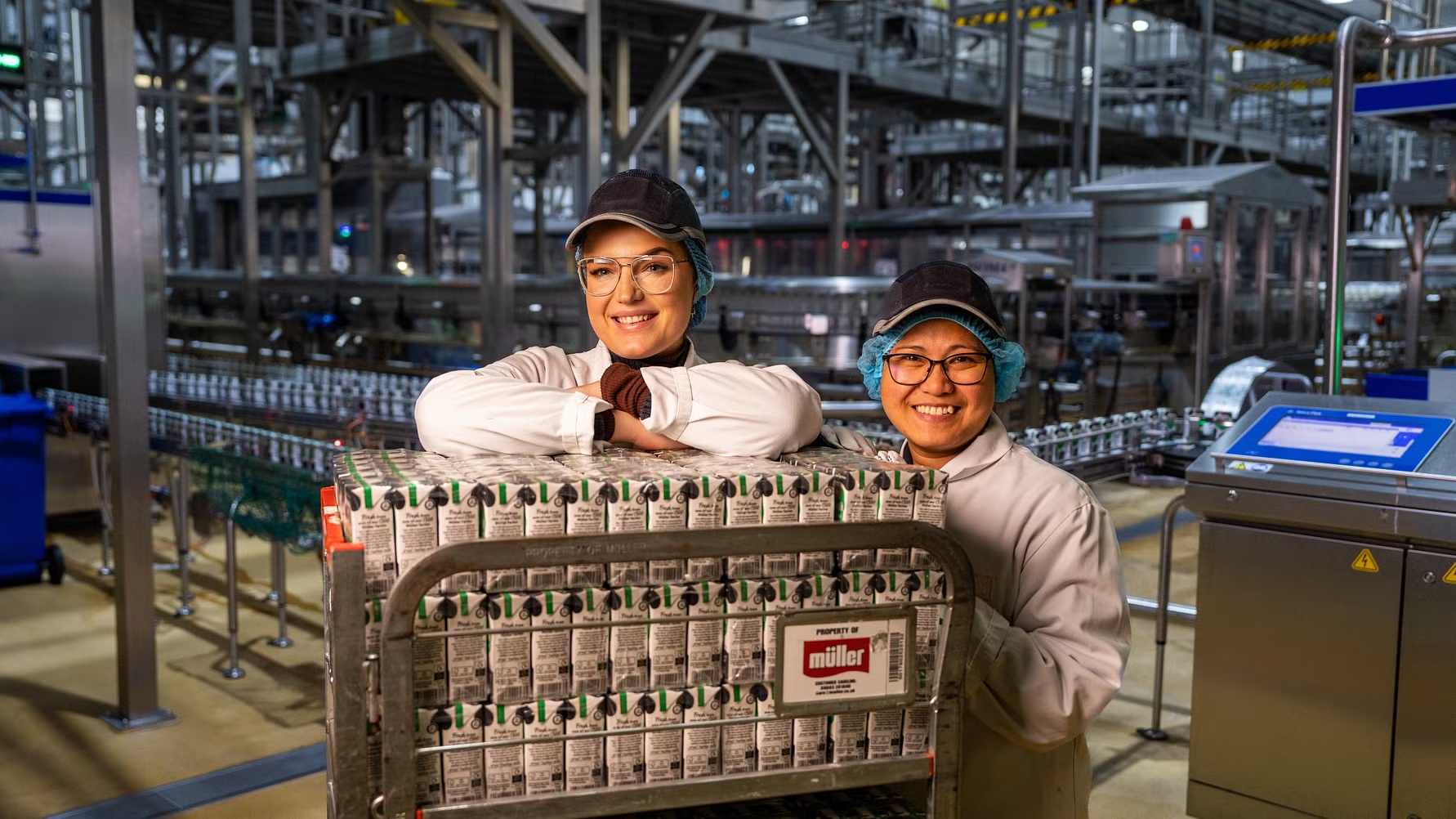January sees softer decline in grocery inflation
- Like
- Digg
- Del
- Tumblr
- VKontakte
- Buffer
- Love This
- Odnoklassniki
- Meneame
- Blogger
- Amazon
- Yahoo Mail
- Gmail
- AOL
- Newsvine
- HackerNews
- Evernote
- MySpace
- Mail.ru
- Viadeo
- Line
- Comments
- Yummly
- SMS
- Viber
- Telegram
- Subscribe
- Skype
- Facebook Messenger
- Kakao
- LiveJournal
- Yammer
- Edgar
- Fintel
- Mix
- Instapaper
- Copy Link
Posted: 30 January 2024 | Grace Galler | No comments yet
Latest data reveals grocery price inflation in the UK has fallen by 0.1 percent to 6.8 percent in January, with consumers altering their shopping habits during the first month of the year.


Data and analytics company Kantar has revealed that, although grocery price inflation has fallen again, in January 2024 it only dropped by 0.1 percent down and now sits at 6.8 percent.
Kantar defines this drop as a “softer decline” when compared with the 2.2 percentage point decrease observed been November and December 2023.
However, take-home grocery sales were found to have increased in value and rose by 2.9 percent over the four weeks.
Commenting on the slight percentage drop, Fraser McKevitt, Head of Retail and Consumer Insight at Kantar, said: “All eyes are back on inflation again, after the Consumer Prices Index’s (CPI) unexpected jump earlier in the month.
“There’s been a lot of speculation about the impact the Red Sea shipping crisis might have on the cost of goods, but the story in the grocery aisles this January is more about the battle between the supermarkets to offer best value, rather than geopolitics.”
However, McKevitt went on to state “retailers have taken their foot off the promotions gas slightly as we’ve come into the new year”, a reason as to why he believes “inflation hasn’t fallen as quickly.
“Items bought on offer accounted for 27 percent of all grocery spending in January versus 32 percent last month,” continued McKevitt.
With December consistently being a period of high sales in the food and beverage sector as a result of the festive period, Kantar’s Head of Retail and Consumer Insight noted that “grocers pulled the price lever especially hard in December, as they sought to get shoppers through their doors.”
Compared to January 2023, the overall trend in offers is higher this year, with nearly £500 million more reportedly being spent on offers this January compared to 12 months ago.
But how are consumers adapting to navigate food inflation? Well according to McKevitt, Brits are changing their behaviour to better manage their spending, including many opting to cook more homemade meals. In fact, according to Kantar, 57 million more lunchboxes were taken from homes during weekdays amongst 16- to 64-year-olds (excluding retirees), in 2023 compared with 2022.
With over 8 million adults taking part in Dry January this month, consumer spending on alcohol took a tumble and fell by more than half compared with December. According to Kantar, almost six percent of beer packs sold this month were no or low-alcohol options, up from four percent at the end of 2023.
Many consumers were also taking part in Veganuary, a month where they omit animal based products from their diet. With this in mind, sales of own label plant-based ranges increased by 8 percent during the first month of the year.
However McKevitt explained that this January “we’re not seeing as big a spike in health-related categories as we have done in previous years. That’s because people are now buying more of the typical January ‘health kick’ items throughout the year. Nine percent of annual own label plant-based sales were made in January in 2023, a steady decline compared with the 11 percent of sales in 2020.”
Looking to the month ahead, McKevitt points out that some consumers may be opting for a “more low-key” Valentine’s Day, as was the case in 2023, a time when £43 million was spent on supermarket meal deals costing £10 or more in the week lead up to the day.
Related topics
Food Security, retail, Supermarket, The consumer, Trade & Economy








